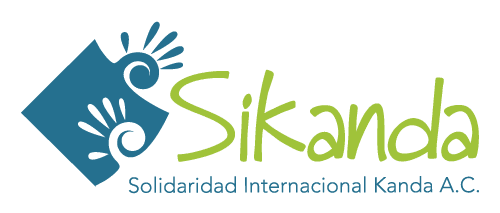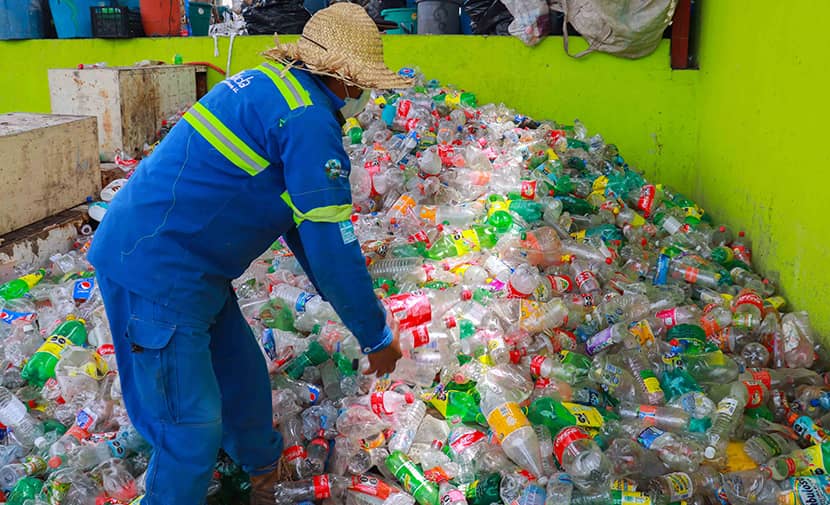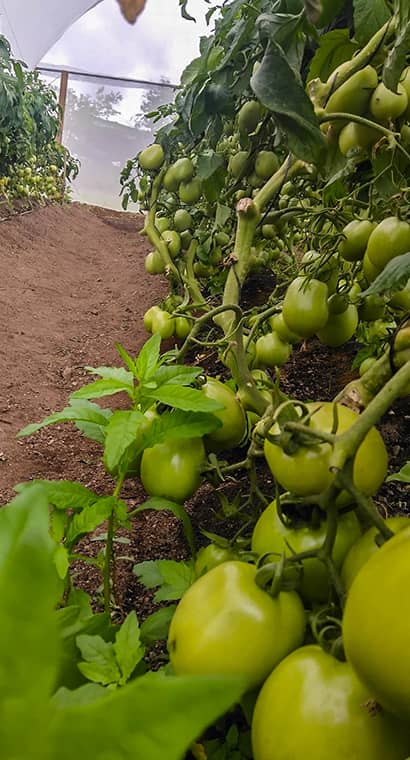General objective:
To promote the recognition of the rights of informal recyclers, their organization, and inclusion in municipal systems of urban waste management.
From their beginnings ten years ago, accompanying recyclers and the promotion of Inclusive Recycling have been the vertebral column of SiKanda, being the first organization in southwest Mexico to start consistently working with informal recyclers.
Inclusive recycling, more than focusing only on solving the problems brought by poor waste management, focuses on generating dignified work conditions so individuals committed to recycling may formally incorporate themselves in the municipal waste management system and safely perform the said activity.
Inclusive recycling is associated with good municipal waste management, especially in the stage of separation, classification, and evaluation of waste susceptible to recycling. Without this work, the contamination generated by the trash would worsen not only on environmental terms but also on terms of public health.













